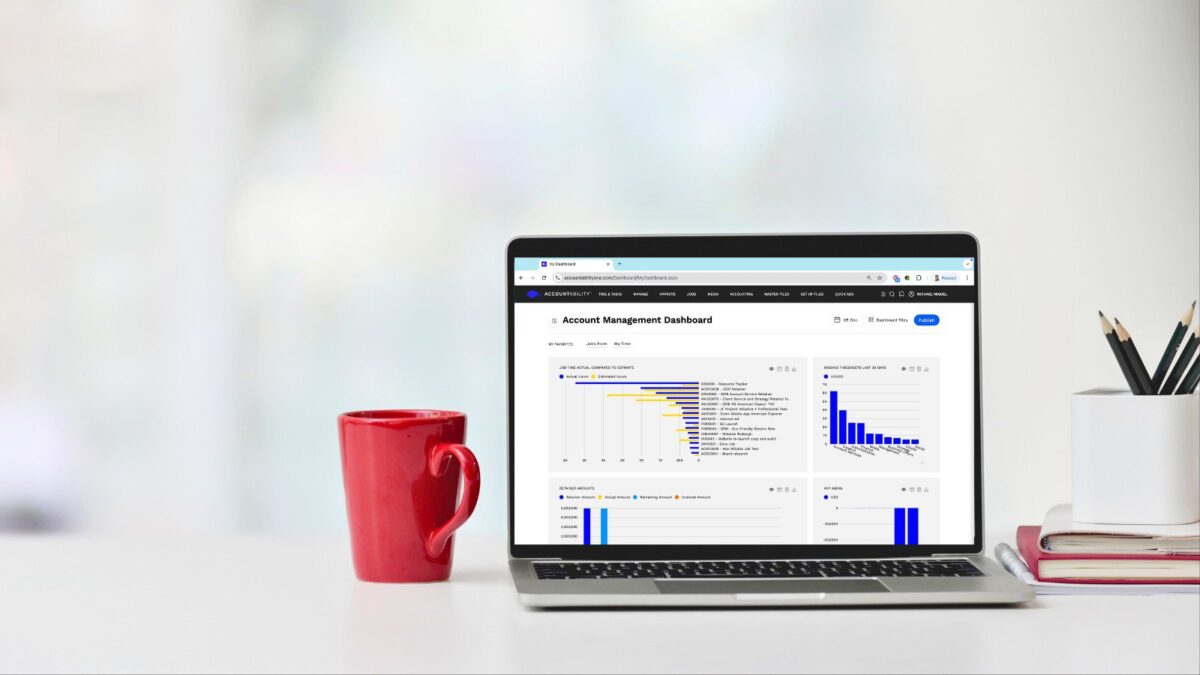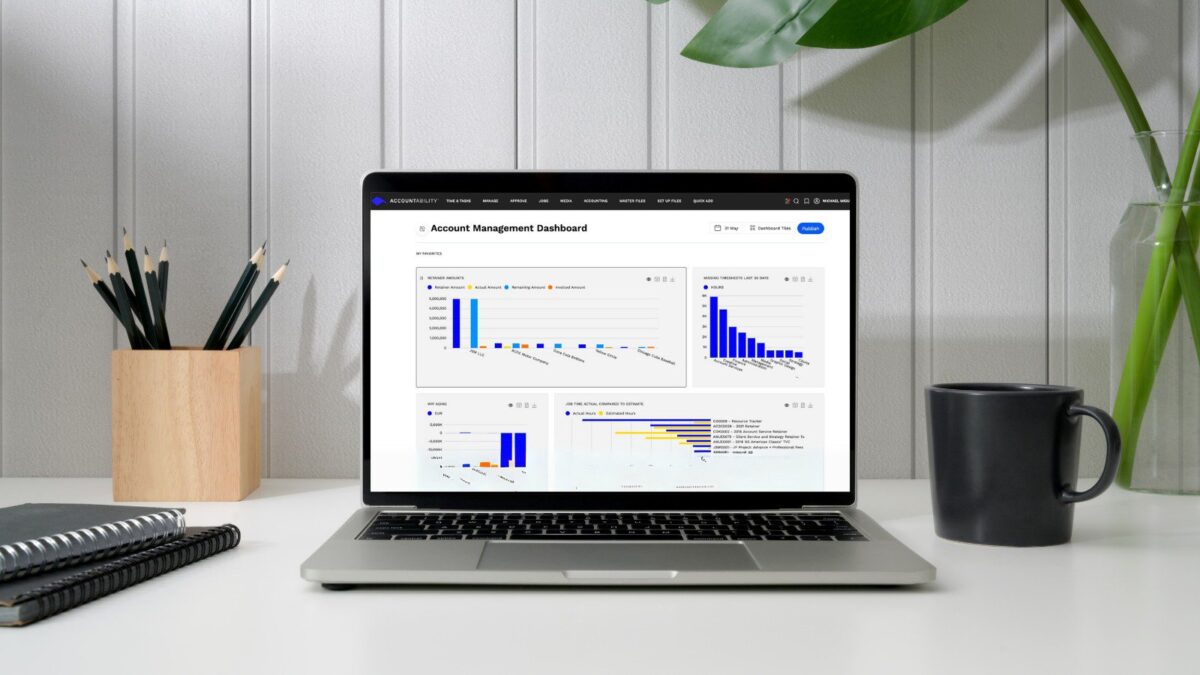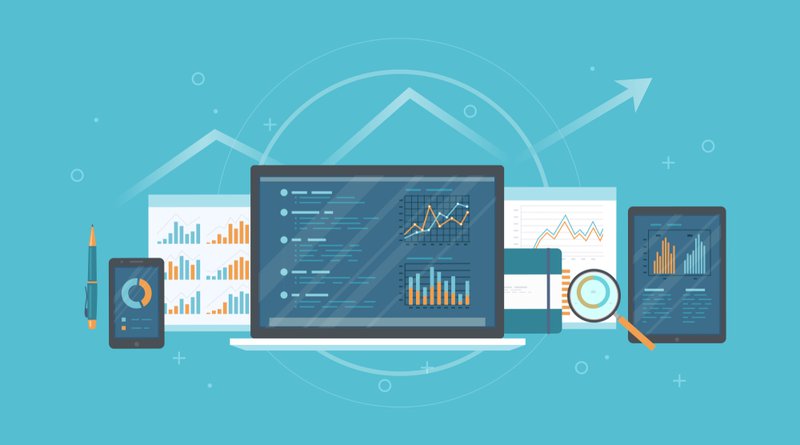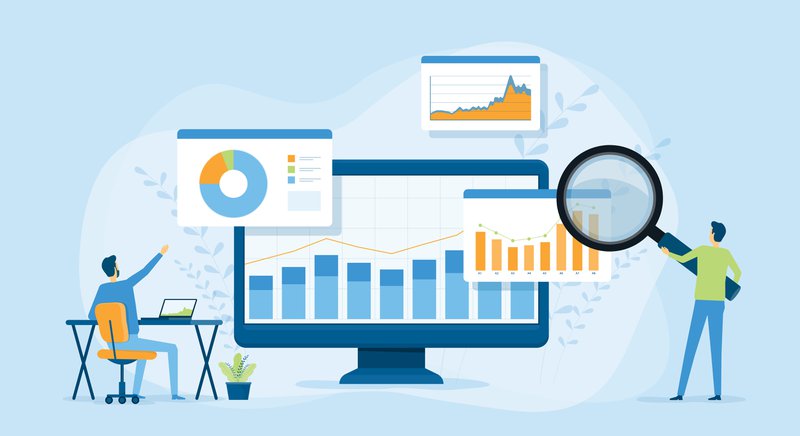As the clock ticks toward 2025, agencies are presented with a fresh canvas for growth. The New Year isn’t just a symbolic reset—it’s a powerful opportunity to refine systems and strategies. Achieving scalable success, however, demands more than ambition; it requires fit-for-purpose ERP solutions that empower agencies to operate efficiently, deliver consistently, and stay adaptable in an ever-evolving market.
ERP solutions, such as Accountability, can serve as the backbone of your agency’s growth strategy. By streamlining operations, facilitating data-driven decisions, and ensuring consistent practices across teams and locations, these platforms allow agencies to focus on delivering value while confidently scaling their operations. Let’s explore how the right tools can make 2025 your agency’s breakthrough year.
Strategies for Scalable Growth
Growth isn’t just about adding more clients or projects; it’s about ensuring that your agency has the capacity to deliver exceptional results at every stage. ERP solutions play a critical role in enabling this, offering features that simplify complex workflows and enhance operational efficiency.
Streamlined Implementation
Scaling effectively begins with reducing friction during implementation. Agencies that adopt systems with rapid onboarding capabilities can seamlessly integrate new clients, services, or locations without overwhelming internal teams.
A well-designed ERP system, like Accountability, facilitates streamlined implementation through intuitive tools and user-friendly features. For instance, by using pre-configured templates, agencies can:
- Accelerate onboarding by minimizing setup time.
- Ensure uniformity across services, boosting trust and consistency.
- Simplify training for new team members, ensuring they’re up to speed in no time.
These efficiencies don’t just enhance the client experience—they free your teams to focus on high-impact work.
Consistent Global Practices
Expanding operations, whether regionally or globally, requires a framework that ensures quality and alignment. Consistency is essential to maintaining your agency’s reputation and delivering the same level of excellence across the board.
ERP solutions with global office configuration capabilities enable agencies to centralize their workflows while allowing for localized adaptations. With Accountability, you can establish:
- Standard operating procedures (SOPs) that unify practices across locations.
- Integrated communication channels to prevent misalignment among teams.
- Adaptable frameworks that respect local market nuances while maintaining brand integrity.
By fostering consistency and collaboration, your agency can scale confidently without sacrificing its identity or quality standards.
Data-Driven Insights
In a data-rich world, agencies that harness real-time analytics gain a significant edge. The ability to interpret and act on insights quickly is key to staying ahead in a competitive landscape.
Real-Time Analytics
Accountability’s robust analytics tools empower agencies to transform raw data into actionable insights. Real-time monitoring of key performance indicators (KPIs) allows teams to:
- Evaluate performance across campaigns, teams, and services.
- Spot trends early to seize emerging opportunities or address challenges proactively.
- Make data-backed decisions that align resources with growth priorities.
For example, if analytics reveal increased demand for a specific service in a target market, your agency can adjust its strategy to maximize impact. This kind of responsiveness builds resilience and enhances profitability.
Preparing for the Future
Scaling successfully in 2025 isn’t about guessing what might work—it’s about equipping your agency with ERP solutions that provide clarity, control, and adaptability. Platforms like Accountability are designed to do just that.
Integrating Complementary Tools
Although project management features are not built into Accountability, its compatibility with a range of tools ensures seamless integration. From AI-driven automation to specialized project management platforms, these integrations enhance overall efficiency and enable your teams to focus on creative and strategic initiatives.
The result? An operational ecosystem that supports growth without the chaos of disconnected systems or inefficiencies.
Take the First Step Towards Scalable Success
As your agency gears up for 2025, remember that growth doesn’t happen by accident. It requires careful planning, strategic investments, and the right tools to make scaling seamless and sustainable. By adopting ERP solutions like Accountability, you’re not just preparing for growth—you’re setting the stage for transformational success.
Take a moment to envision your agency operating at peak efficiency, delivering consistent results across every client and market, and making decisions powered by actionable insights. That vision is within reach, and it starts with the right platform.
Let’s make 2025 the year your agency transforms potential into performance. Discover how Accountability can revolutionize your operations and drive your growth. Request a free demo today!














